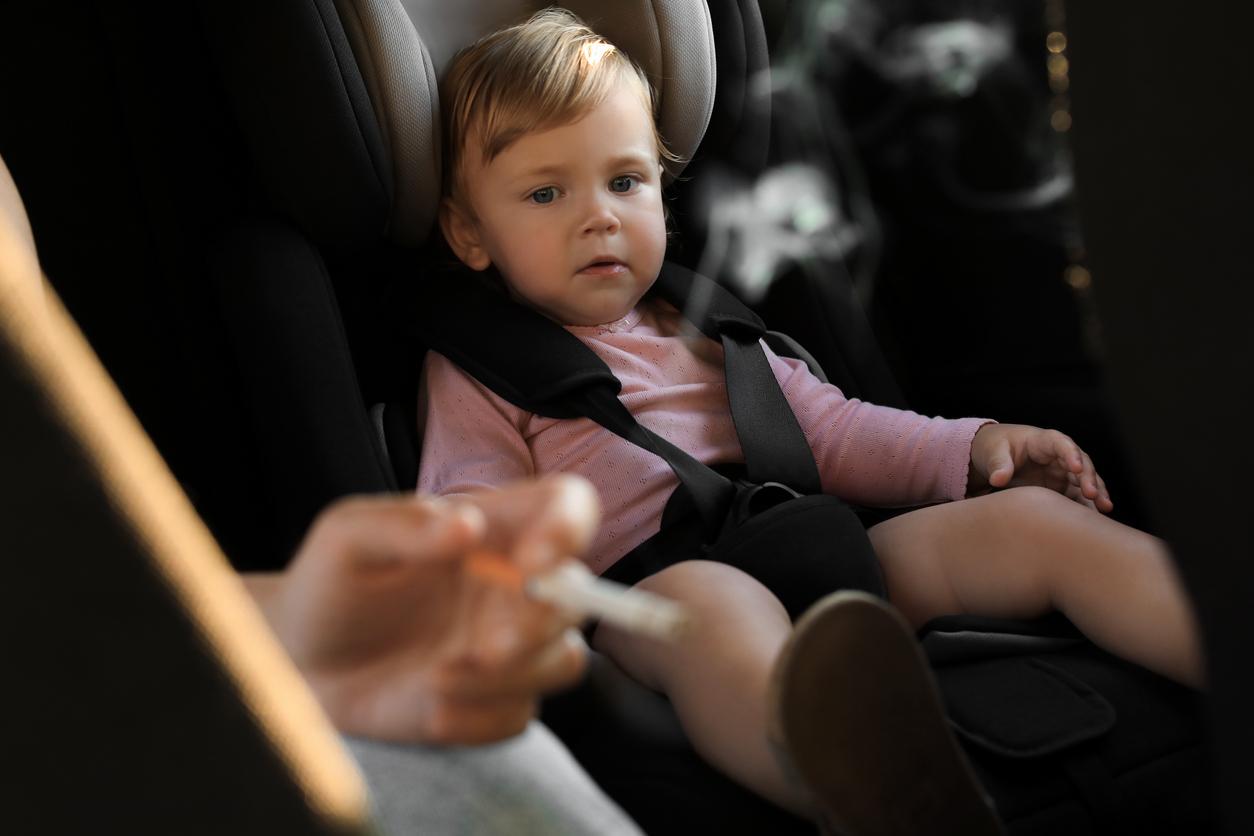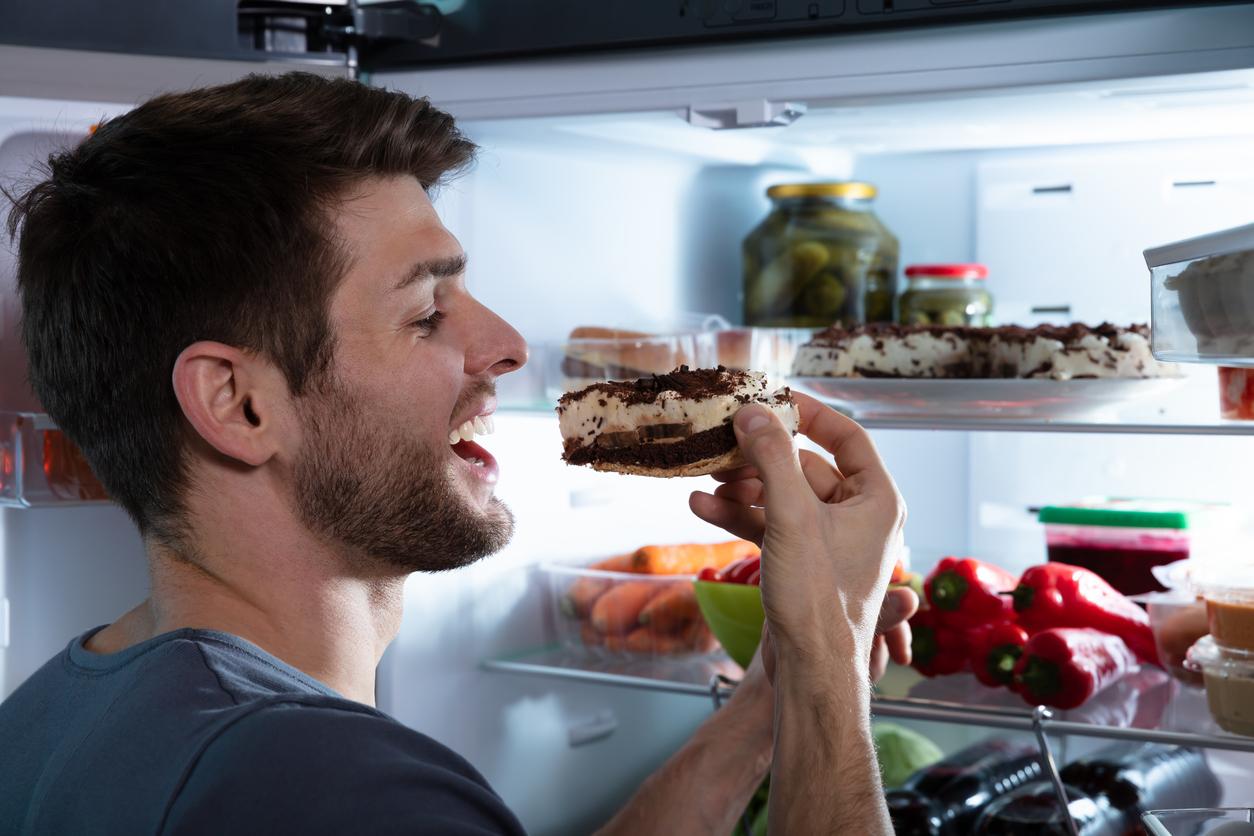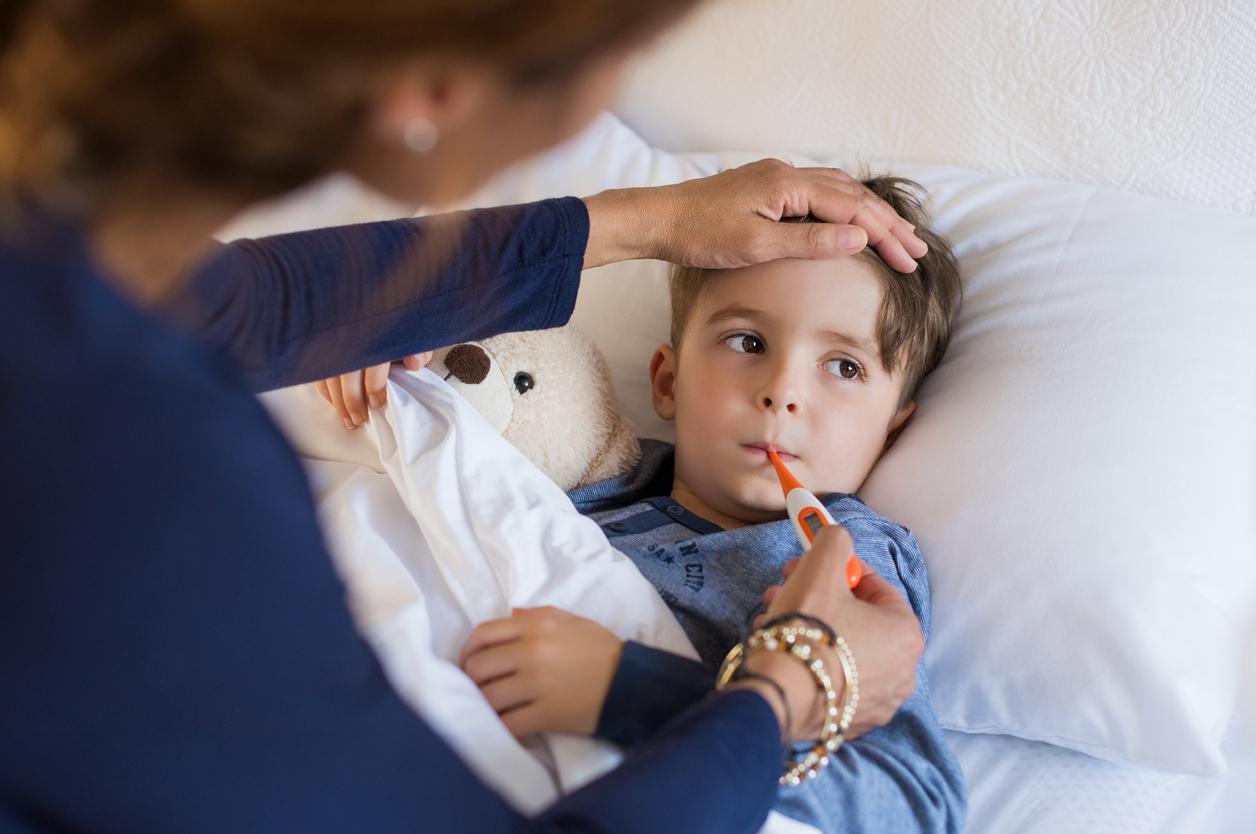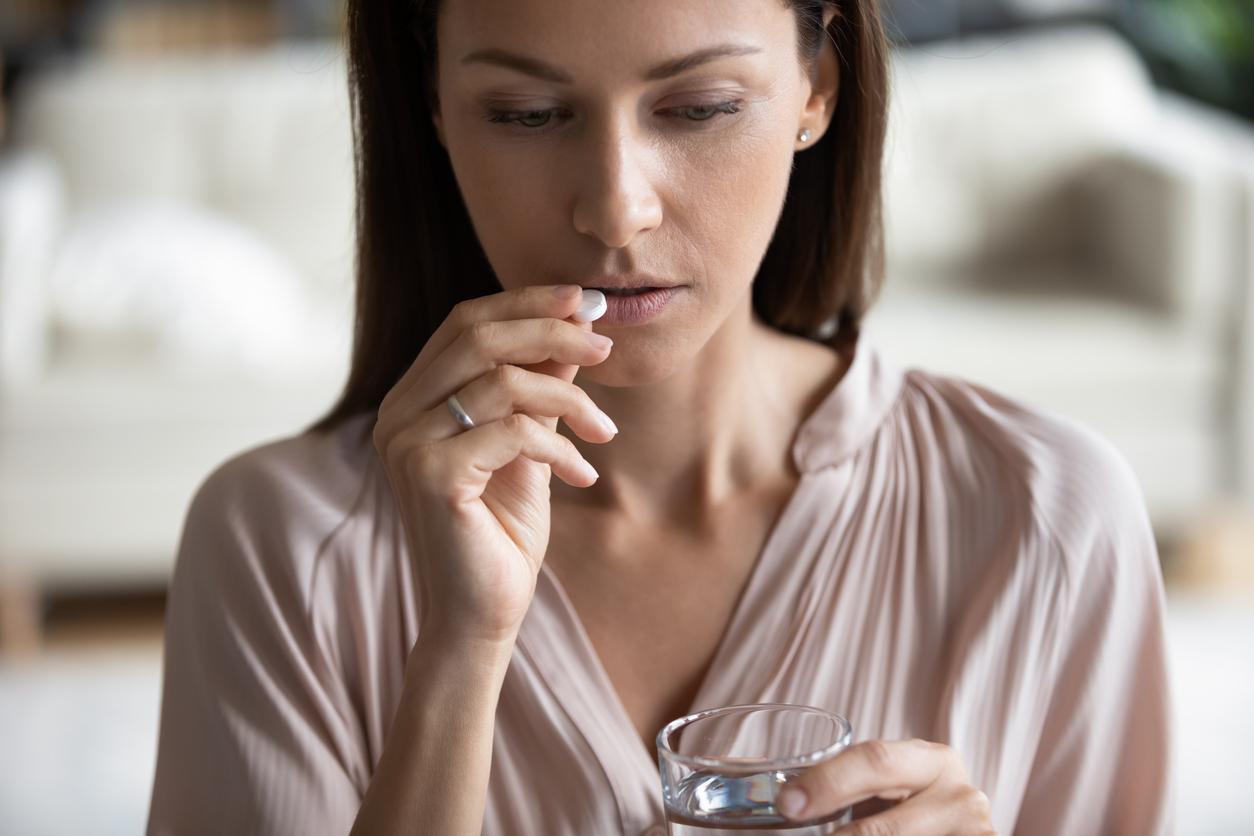Talking about sexuality from an early age makes it easier and more natural to approach the subject throughout childhood.

Contrary to popular belief, children question very early on how their bodies work and how they feel. Talking about it from an early age without shame or embarrassment helps your child develop a healthy image of sexuality and create a bond of trust.
Answer your questions without taboo
From an early age, choosing to name the genitals (penis, vagina, vulva, anus, buttocks…) without using childish words shows your child that he can be comfortable talking about it and that there is nothing embarrassing about saying them.
By taking the time to talk about sexuality in a natural way in everyday life with him, for example when dressing or bathing, your child knows that he can find answers to his questions and better understand what is going on. past.
If you are uncomfortable with his behavior or his questions, remember that toddlers do not seek to provoke or seduce and their intention is not sexual. On the contrary, take the opportunity to talk to him about intimacy and modesty, while giving him a simple and accessible answer for him.
Teach him self-respect
Young children do not need to know all the details of sexuality, but to understand the answers to their questions. Explain to him with true information, avoiding invented stories, such as storks for example.
Talking about sexuality also means explaining to your child that the genitals are something personal and that no one has the right to touch them without their consent. He may refuse physical contact that causes him discomfort, and gradually ask for more privacy.
By building this dialogue throughout his childhood, your child who becomes a teenager will know how to turn to you when he has questions about sexuality rather than to the Internet or friends.
Find out more: “The book that finally tells you everything about girls and boys”, by Francoize Bouch, Nathan editions.
Below, the program Questions aux Experts on the theme “How to talk about sexuality with teenagers”, with Dr Sylvain Mimoun:
.

















